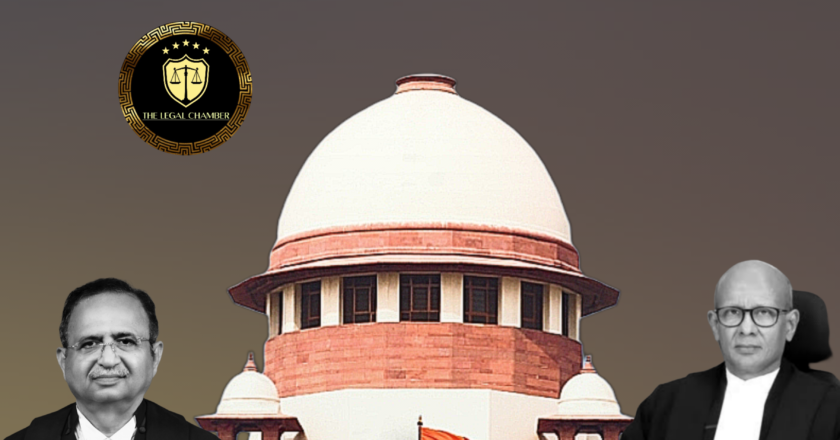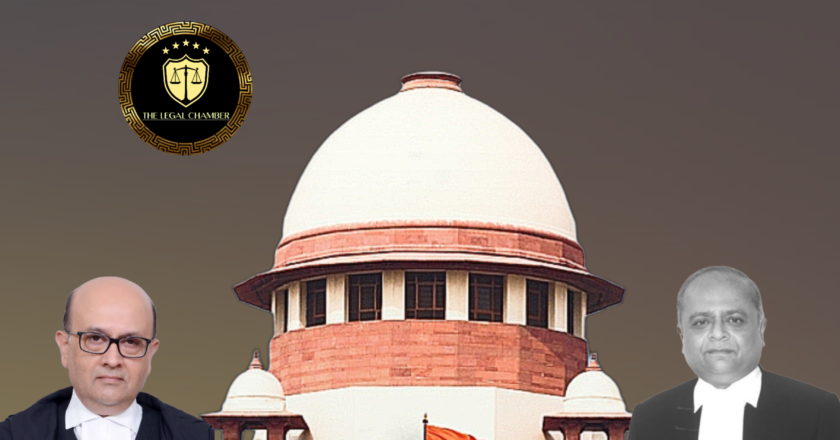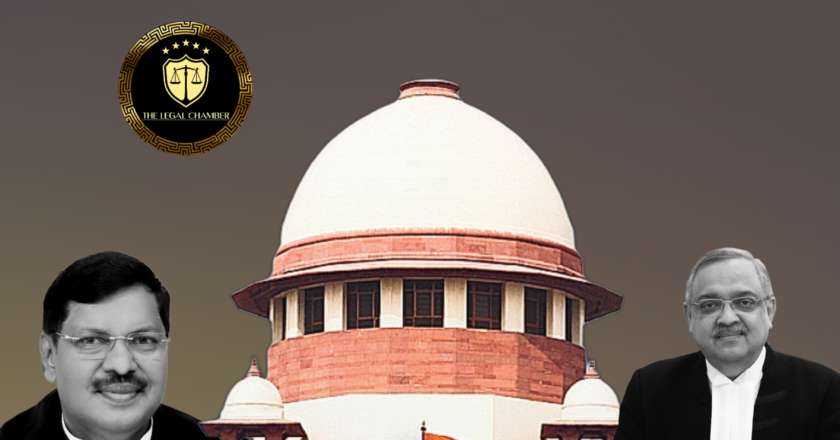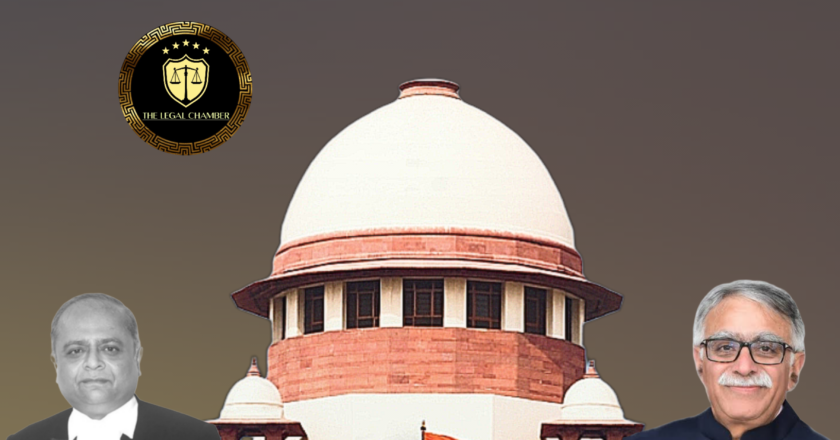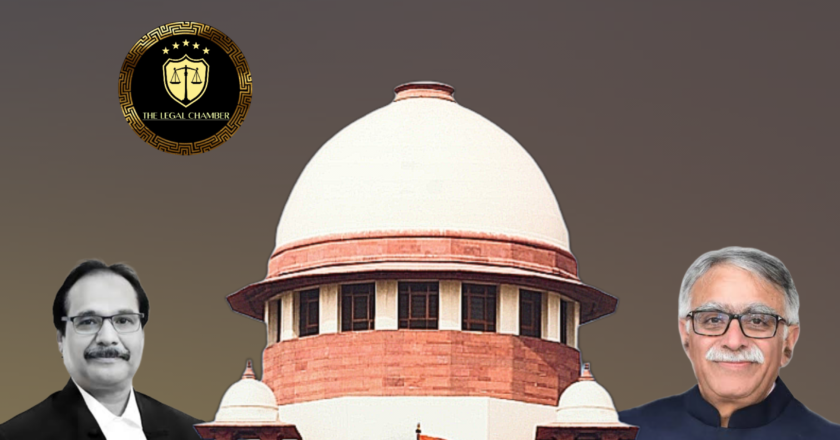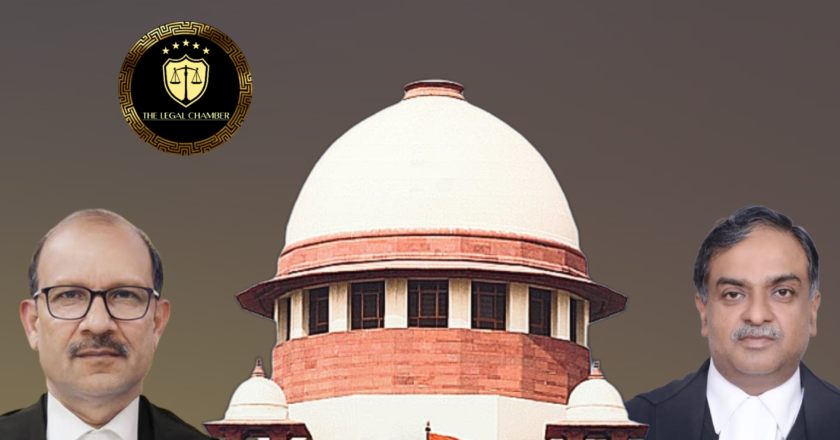Supreme Court :Knowledge of Victim’s Caste Enough for SC/ST Act Conviction
The Supreme Court affirmed that school admission registers are admissible evidence under Section 35 of the Evidence Act to prove a victim's minority in POCSO cases. It clarified that a witness cannot be declared hostile for minor inconsistencies, reiterating that such a step is an extraordinary measure requiring clear hostility or resiling from a material statement. The Court also held that under the amended SC/ST Act, mere knowledge of the victim's caste is sufficient to attract Section 3(2)(v), especially when a presumption of such awareness arises under Section 8(c) from prior acquaintance.
Facts Of The Case:
On the night of May 10, 2018, the minor victim left her home to deliver food to her grandfather. Near a Sendhwar tree, the appellant, Shivkumar, allegedly abducted her by force, ...


